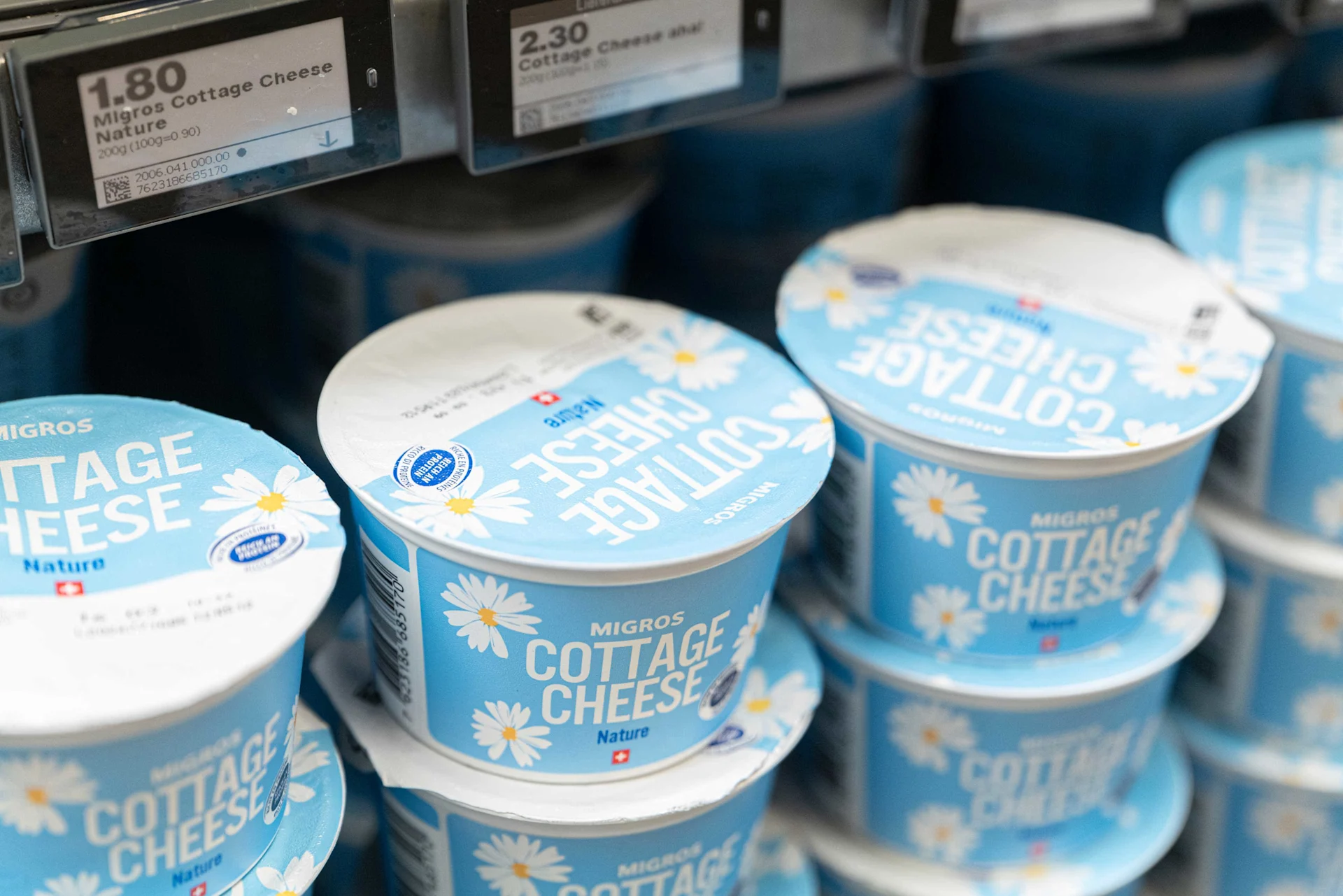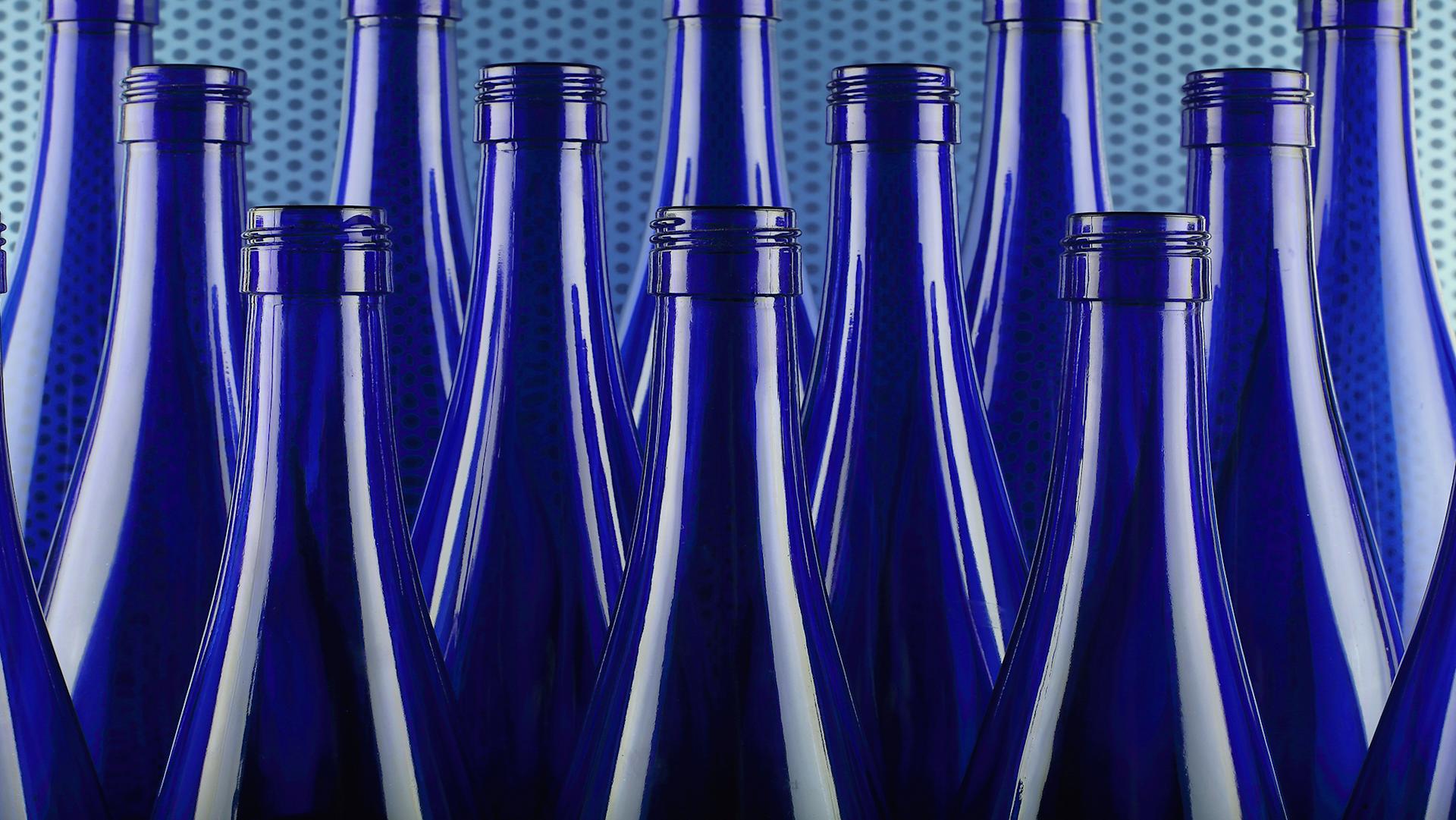
Responsible packaging
Migros is doing all it can to make packaging more sustainable and eco-friendly.
navigation

Circular economy
Test your knowledge about plastic bottles, pizza boxes, frying oil, tin cans, corks and so on, and find out some fascinating facts about recycling.
The figures are substantial: we in Switzerland generate more than 700 kilogrammes of waste per person each year. This puts us amongst the leaders in Europe. However, we are also conscientious recyclers. In 2021 for example, 95 percent of waste glass was recycled. The figure for aluminium was 91 percent, and more than 82 percent for PET drinks bottles. This is according to statistics of the Federal Office for the Environment (FOEN).
At Migros, the recycling rate in 2022 was 77.9 percent. Last year, by collecting 8,409 tonnes of PET drinks bottles for PET recycling, it set a new record for Swiss retailers. In addition, the company has set a target of increasing the returns rate for aluminium capsules to 75 percent. In order to achieve this, the number of collection points has been increased and a partnership has been launched with Nespresso. On the plastic recycling front, a Migros is pursuing a pioneering project with a plastic collection bag.
Sources: igora.ch, ferrorecycling.ch, swissrecycle.ch, bafu.admin.ch, korken.ch, recybag.ch
Recycling preserves our ever scarcer resources.
In a circular economy, valuable substances are kept in circulation for as long as possible. This means that fewer resources need to be consumed. And we produce less waste.
Recycling means using less energy than would be required to manufacture a new product or input material.
It thus also means lower CO2 emissions, which are harmful for our climate.
And don't forget: recycling also means less waste needs to be incinerated, leaving behind cinders which must also be disposed of.
In addition, new packaging can often be produced using recycled materials. Glass for instance can be melted down time after time and reused for jars or bottles. Aluminium too can be repeatedly melted down and reused – without any loss of quality. For instance, old drinks cans can be used to produce new cans or other high-value aluminium products. Working in partnership with the Swedish lifestyle brand Vélosophy, Nespresso have even manufactured a bicycle made from recycled aluminium coffee capsules.
Waste paper can also be recycled and used for instance as recycled toilet paper, recycled cosmetic tissues or in the form of recycled envelopes or photocopy paper. In addition, PET drinks bottles can be used to create recycled PET, also known as rPET, which can be used to produce new PET bottles. For Migros' Aproz mineral water the entire circular process is completed 100 percent in Switzerland. Some products are also increasingly being made either in part or entirely from rPET, such as for example screens, shoes, bags or suitcases.
There are different ways of dealing with products. Take for example coffee machines: we extract oil and iron in order to produce materials such as plastic or stainless steel respectively, which we need in order to produce the casing and individual parts. After this we produce coffee machines, which we use until they stop working or we no longer need them. We then throw them away. The drawback of this linear economy: we consume lots of resources and produce lots of waste. In addition, valuable substances are irrevocably lost in waste incineration or in landfill.
Within the circular economy by contrast we produce coffee machines that can be recycled or repaired - such as for example the CoffeeB machines. This means that devices are made from recyclable materials and spare parts are available. If they no longer work, we take them to be repaired. If they can't be repaired, the recyclable materials contained in them are recycled and used to manufacture new products. If we don't need or want the coffee machine any longer, we give it away or take it to the charity shop. This means that somebody else can use it until it reaches the end of its life and can then be recycled.
The benefit of the circular economy: valuable substances are kept in circulation as long as possible. This means that fewer resources need to be consumed. And we produce less waste.
Do you know what can go in the bin? With our tips and tricks, recycling not only becomes easy, you also save a lot of waste.